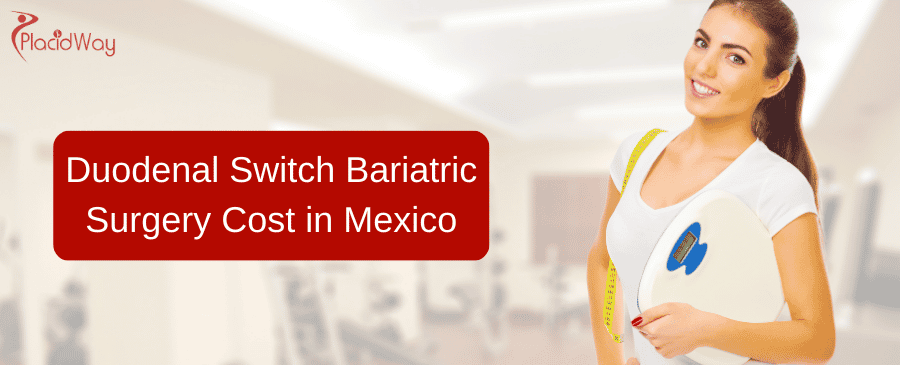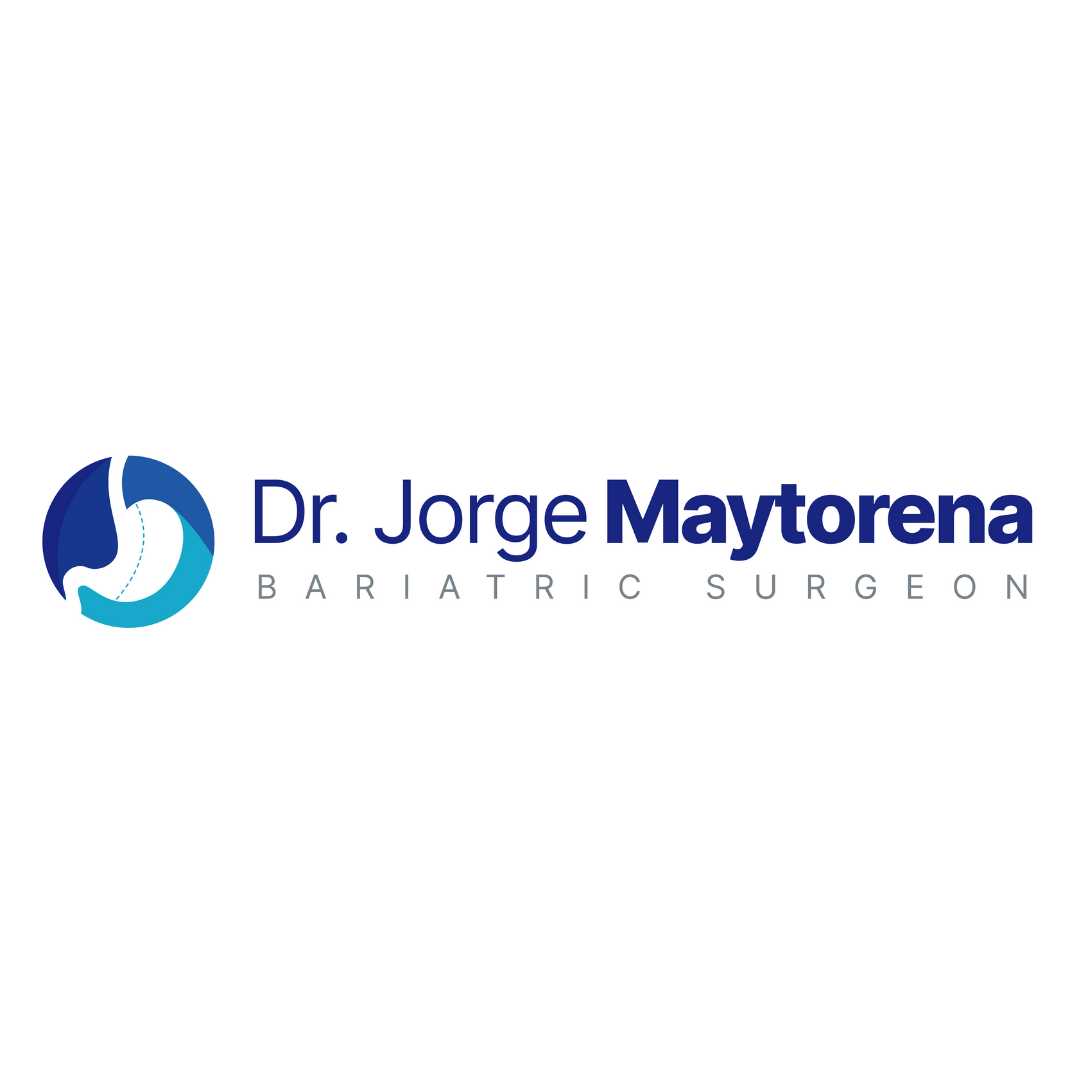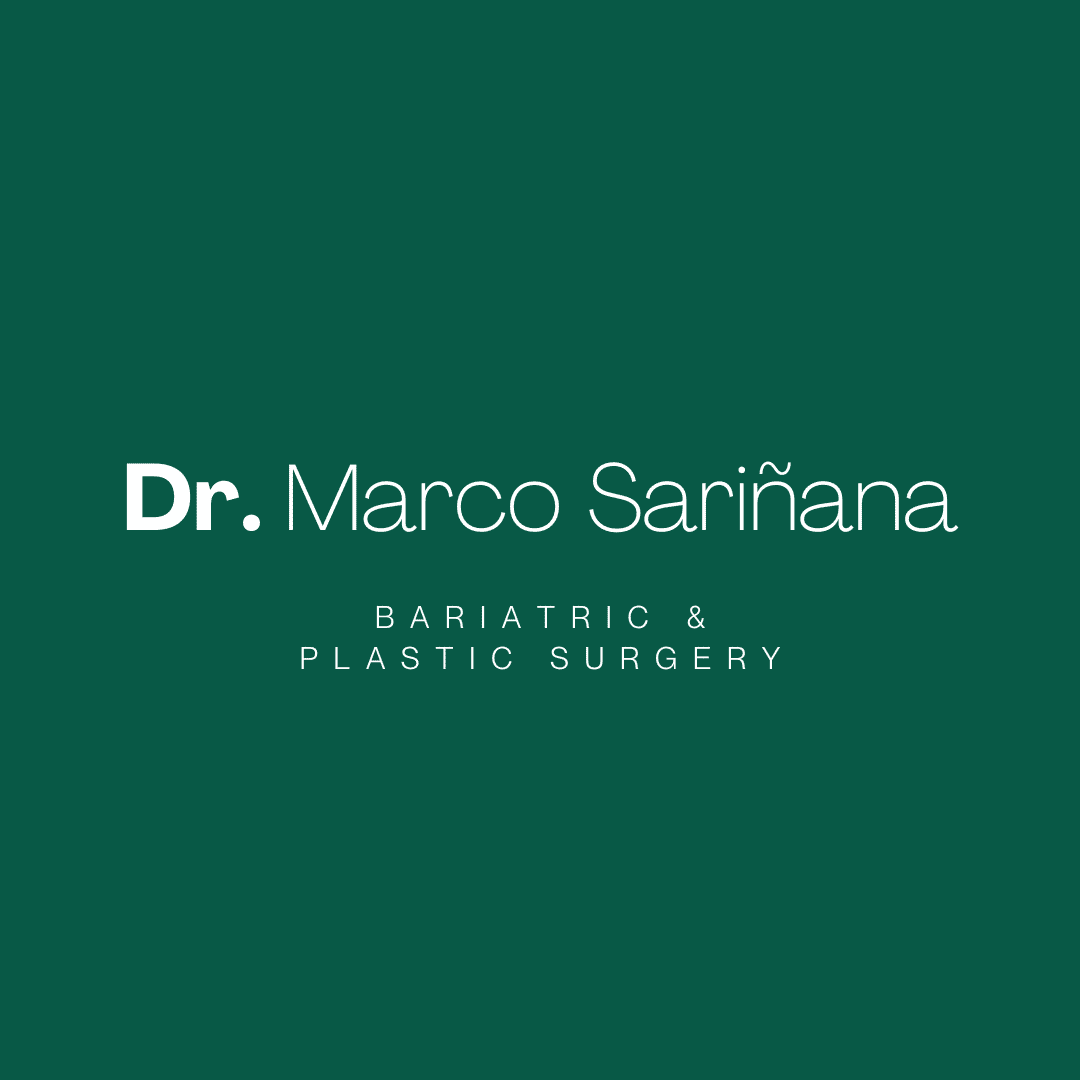Explore Duodenal Switch Surgery Cost in Mexico

The duodenal switch (DS) surgery is a powerful weight loss procedure, and its cost in Mexico is significantly more affordable than in many other countries, often ranging from $6,000 to $12,000 USD. This makes it an increasingly popular option for individuals seeking effective and lasting solutions for severe obesity. If you're exploring bariatric surgery in Mexico, understanding the nuances of the duodenal switch, its financial implications, and what to expect is crucial. This guide aims to answer the most pressing questions people have about this life-changing procedure.
We'll delve into the specifics of the duodenal switch surgery cost in Mexico, what factors influence this price, and the quality of care you can anticipate. Many individuals are curious about the safety, surgeon qualifications, and the overall experience of undergoing such a significant medical journey abroad. Let's explore these topics to provide you with a clear and comprehensive understanding.
What is the average cost of duodenal switch surgery in Mexico?
"The average cost of duodenal switch surgery in Mexico typically ranges from $6,000 to $12,000 USD."
This price range is considerably lower than what you might expect to pay in countries like the United States or Canada, where the same procedure can cost upwards of $25,000 to $30,000 or even more. The significant cost difference is a primary motivator for many individuals choosing Mexico for their bariatric surgery. It's important to note that while this is an average, the exact cost can vary based on several factors, which we will explore further.
The affordability does not necessarily mean a compromise on quality. Many Mexican hospitals and bariatric centers catering to medical tourists are equipped with state-of-the-art technology and staffed by highly experienced surgeons, often with US training or board certifications. The lower costs are generally attributed to lower overhead expenses, staff salaries, and operational costs in Mexico compared to the US.
What factors influence the final cost of a duodenal switch in Mexico?
"Several factors influence the final cost of a duodenal switch in Mexico, including the surgeon's experience and reputation, the hospital or clinic chosen, the complexity of the individual case, the length of the hospital stay, and the specific inclusions in the surgical package."
Let's break these down:
- Surgeon's Expertise: Highly renowned surgeons with extensive experience and specialized training in duodenal switch procedures may charge more for their services. Their track record and success rates can command a premium.
- Hospital Facilities: The choice of hospital plays a significant role. Newer, more technologically advanced hospitals with international accreditations might have higher facility fees compared to smaller clinics. However, these often provide a higher level of comfort and a wider range of services.
- Individual Patient Needs: A patient's specific health condition, BMI, and any co-existing medical issues can impact the complexity of the surgery and the resources required, potentially affecting the duodenal switch surgery cost.
- Length of Stay: Most packages include a standard hospital stay (typically 2-3 nights). If a longer stay is medically necessary, this could increase the overall cost.
- Package Inclusions: What's covered in the quoted price can vary. Some packages are all-inclusive, covering everything from pre-op tests to post-op medication and even accommodation, while others might have a more basic offering.
Understanding these factors will help you ask the right questions when getting quotes and comparing options for your bariatric surgery in Mexico.
What is typically included in a duodenal switch surgery package in Mexico?
"A typical duodenal switch surgery package in Mexico often includes surgeon fees, anesthesiologist fees, hospital facility charges, pre-operative tests, a standard hospital stay (2-3 nights), necessary medications during the hospital stay, and initial post-operative consultations."
Many medical tourism providers in Mexico offer comprehensive packages designed to make the experience as seamless as possible for international patients. Beyond the core medical services, these packages might also feature:
- Ground transportation (airport pickup and drop-off, hotel to hospital)
- Pre-surgery nutritional consultation
- Post-operative dietary plan and support
- Some nights of hotel accommodation before or after the hospital stay
- A dedicated patient coordinator or medical tourism facilitator
It's crucial to get a detailed breakdown of what is included in any quoted duodenal switch surgery cost in Mexico. Ask specifically about what is not included, such as airfare, potential costs for complications, extended hospital stays if needed, or long-term follow-up care once you return home. This clarity will help you budget accurately and avoid unexpected expenses.
How much can I save by having duodenal switch surgery in Mexico compared to the US or Canada?
"Patients can potentially save between 50% to 70% on the cost of duodenal switch surgery by choosing Mexico over the US or Canada."
Considering the average cost in the US can be $25,000-$30,000 or higher, and in Mexico, it can be as low as $6,000-$12,000, the savings are substantial. For many, this difference makes an otherwise unaffordable, life-changing surgery accessible. These savings can cover travel expenses, accommodation, and still leave a significant amount leftover compared to the price in their home country.
The key is to ensure that the pursuit of lower duodenal switch surgery cost in Mexico does not lead to a compromise in the quality of care or safety. Thorough research into surgeons and facilities is paramount. The financial benefit is clear, but it should be weighed alongside all other critical factors.
Is duodenal switch surgery in Mexico safe?
"Yes, duodenal switch surgery in Mexico can be very safe when performed by qualified, experienced surgeons in accredited hospitals that adhere to international healthcare standards."
Mexico has a well-established medical tourism industry, particularly for bariatric surgery. Many facilities are specifically designed to cater to international patients and maintain high standards of care, often comparable to those in the US. Surgeons are frequently board-certified (sometimes in both Mexico and the US) and have performed thousands of bariatric procedures.
However, like any surgery anywhere in the world, there are inherent risks. To ensure safety:
- Research your surgeon's credentials and experience thoroughly.
- Choose a hospital with good reviews, accreditations (e.g., JCI accreditation), and modern equipment.
- Discuss safety protocols and complication management with your chosen clinic.
- Ensure clear communication with the medical team.
Many patients report positive and safe experiences with bariatric surgery in Mexico. Due diligence is your best tool for a safe outcome.
How do I choose a qualified surgeon for duodenal switch in Mexico?
"To choose a qualified surgeon for duodenal switch in Mexico, look for board certifications, extensive experience specifically with DS procedures, memberships in recognized bariatric surgery associations, and verifiable patient testimonials or reviews."
Finding the right surgeon is the most critical step. Here’s what to look for:
- Board Certification: Ensure the surgeon is certified by relevant Mexican boards (e.g., the Mexican Council of General Surgery or the Mexican College of Surgery for Obesity and Metabolic Diseases) and, if possible, international ones.
- Specialization and Experience: The duodenal switch is a complex procedure. Ask how many DS surgeries the surgeon has performed and their success and complication rates. A surgeon specializing in bariatric surgery is preferable.
- Hospital Affiliations: Verify which hospitals the surgeon operates in and ensure these facilities meet high standards.
- Communication: Choose a surgeon with whom you can communicate effectively, whether directly in English or through a reliable translator. They should be willing to answer all your questions.
- Reviews and Testimonials: Look for reviews on independent platforms, forums, and ask the clinic if they can connect you with past patients.
Don't base your decision solely on the duodenal switch surgery cost in Mexico; the surgeon's skill and experience are paramount for a successful outcome.
What are the qualifications of bariatric surgeons in Mexico?
"Bariatric surgeons in Mexico typically undergo extensive medical training, including general surgery residency, followed by specialized fellowship training in bariatric and metabolic surgery. Many are board-certified and members of national and international bariatric societies."
The pathway to becoming a bariatric surgeon in Mexico is rigorous. It involves:
- Medical school (usually 6-7 years)
- General surgery residency (4-5 years)
- Specialized fellowship in bariatric surgery (1-2 years)
- Board certification by the Mexican Council of General Surgery (CMCG) and often the Mexican College of Surgery for Obesity and Metabolic Diseases (CMCOEM).
- Many surgeons pursue additional training or observerships in the US or Europe and may hold memberships in international organizations like the IFSO (International Federation for the Surgery of Obesity and Metabolic Disorders) or ASMBS (American Society for Metabolic and Bariatric Surgery).
When researching bariatric surgery in Mexico, don't hesitate to ask for detailed information about your surgeon's qualifications, training, and certifications. Reputable surgeons will be transparent about their credentials.
What are the success rates for duodenal switch surgery performed in Mexico?
"The success rates for duodenal switch surgery performed in Mexico by experienced surgeons in reputable facilities are generally comparable to those in other developed countries, with patients achieving significant long-term weight loss."
Success with duodenal switch is typically defined by substantial excess weight loss (often 70-80% or more) and improvement or resolution of obesity-related comorbidities like type 2 diabetes, hypertension, and sleep apnea. Mexican bariatric centers that cater to international patients often report high success rates, aligning with international benchmarks.
Factors contributing to success include:
- Surgeon skill and experience with the DS procedure.
- Comprehensive pre-operative evaluation and patient selection.
- High-quality surgical facilities and equipment.
- Thorough post-operative care and patient adherence to lifestyle changes.
While specific statistics can vary by clinic, the overall outcomes for duodenal switch in Mexico are positive, especially when patients commit to the necessary long-term dietary and lifestyle adjustments.
What is the recovery time for duodenal switch surgery in Mexico?
"Initial recovery in the hospital after duodenal switch surgery in Mexico is typically 2-3 days, with a return to light activities within 2-3 weeks. Full recovery and adjustment to new eating habits can take several months."
Your immediate post-operative period will be spent in the hospital under medical supervision. You'll then likely stay in a nearby hotel for a few more days for initial follow-up before being cleared to travel home. Most patients can fly back 5-7 days after surgery.
Once home, expect a gradual recovery:
- First few weeks: Focus on hydration and consuming liquids, then progressing to pureed and soft foods as per your surgeon's dietary plan. Avoid strenuous activity.
- 1-2 months: You may be able to return to work (depending on the nature of your job) and incorporate more solid foods. Energy levels will gradually increase.
- 6 months onwards: Most patients are well-adjusted to their new diet and can engage in regular physical activity. Significant weight loss is typically evident.
Adherence to post-operative guidelines, especially dietary instructions and vitamin supplementation, is crucial for a smooth recovery and optimal results from your bariatric surgery in Mexico.
What are the potential risks and complications of duodenal switch surgery?
"Potential risks and complications of duodenal switch surgery, whether in Mexico or elsewhere, include infection, bleeding, blood clots, leaks from staple lines, bowel obstruction, and nutritional deficiencies (malabsorption)."
The duodenal switch is one of the most effective weight loss surgeries, but it's also one of the most complex, carrying a higher risk of certain complications compared to procedures like gastric sleeve or gastric band. Specific risks associated with DS include:
- Malabsorption and Nutritional Deficiencies: Because the surgery significantly alters nutrient absorption, lifelong supplementation with vitamins (especially fat-soluble vitamins A, D, E, K) and minerals (iron, calcium, B12) is mandatory to prevent severe deficiencies.
- Diarrhea or Frequent Bowel Movements: Changes to the digestive tract can lead to more frequent and sometimes looser stools.
- Foul-smelling Gas or Stools: Due to the malabsorption of fat.
- Gallstones: Rapid weight loss can increase the risk.
- Ulcers
- Hernias
Choosing an experienced surgeon and a reputable facility for your duodenal switch surgery in Mexico can help minimize these risks. Thorough pre-operative screening and diligent post-operative follow-up, including nutritional monitoring, are essential.
Who is an ideal candidate for duodenal switch surgery?
"An ideal candidate for duodenal switch surgery typically has a Body Mass Index (BMI) of 50 or higher, or a BMI of 40 or higher with significant obesity-related health conditions like type 2 diabetes, sleep apnea, or hypertension, and has not had success with other weight loss methods."
The duodenal switch is generally reserved for individuals with severe or super obesity due to its complexity and significant impact on digestion and absorption. Key characteristics of a good candidate include:
- High BMI: Often considered for those with a BMI over 50, or over 40 if severe comorbidities are present, particularly metabolic syndrome or poorly controlled type 2 diabetes.
- Understanding of the Procedure: The candidate must understand the risks, benefits, and the necessity for lifelong dietary changes and vitamin supplementation.
- Commitment to Lifestyle Changes: Success depends heavily on the patient's dedication to follow-up appointments, dietary guidelines, and a healthier lifestyle.
- No Contraindications: Certain medical or psychological conditions might make the surgery too risky. A thorough medical evaluation is essential.
Consulting with a bariatric surgeon specializing in duodenal switch in Mexico will determine if this procedure is the most appropriate option for your specific situation.
What pre-operative preparations are needed for duodenal switch surgery in Mexico?
"Pre-operative preparations for duodenal switch surgery in Mexico typically include a comprehensive medical evaluation, laboratory tests, imaging studies, nutritional counseling, and often a special pre-op diet for a few weeks before surgery to reduce liver size and abdominal fat."
Once you decide to proceed, your Mexican surgical team will guide you through the necessary preparations. These usually involve:
- Medical Evaluation: This includes a review of your medical history, physical exam, blood tests, EKG, and possibly chest X-rays or other imaging to ensure you are fit for surgery and anesthesia.
- Consultations: You may consult with a nutritionist, psychologist, and other specialists if needed.
- Pre-Op Diet: Many surgeons require a high-protein, low-calorie, low-carbohydrate diet for 2-4 weeks before surgery. This diet helps shrink the liver, making the surgery safer and technically easier.
- Medication Adjustments: You'll receive instructions on which medications to stop or adjust before surgery (e.g., blood thinners).
- Smoking Cessation: If you smoke, you will be required to quit several weeks or months before surgery to reduce surgical risks and improve healing.
Following these pre-operative instructions carefully is crucial for a successful duodenal switch surgery cost in Mexico and a smooth recovery.
What kind of post-operative care and follow-up is provided by Mexican clinics?
"Reputable Mexican clinics providing duodenal switch surgery offer initial post-operative care including hospital recovery, pain management, dietary progression guidance, and an initial follow-up appointment before you travel home. They also typically provide guidelines for long-term follow-up with your local physician."
Post-operative care begins immediately after surgery in the hospital. This includes:
- Monitoring vital signs and recovery from anesthesia.
- Pain management.
- Leak tests to ensure surgical integrity.
- Guidance on starting your liquid diet.
Before you leave Mexico, you'll usually have at least one follow-up visit with your surgeon. They will provide detailed instructions for your diet progression, activity levels, wound care, and required vitamin/mineral supplementation. While the duodenal switch surgery cost in Mexico covers this initial phase, long-term follow-up will typically need to be coordinated with your primary care physician or a bariatric specialist in your home country. Many Mexican surgical teams remain available for remote consultations and support.
How long do I need to stay in Mexico for the surgery?
"You will typically need to stay in Mexico for approximately 7 to 10 days for duodenal switch surgery. This includes pre-operative consultations, the hospital stay (usually 2-3 nights), and initial recovery and follow-up before being cleared to fly home."
This timeframe allows for:
- Pre-operative day(s): Final consultations, tests, and preparation.
- Surgery day and hospital stay: Typically 2-3 nights in the hospital.
- Post-hospital recovery: 3-5 days in a nearby hotel for initial recovery, allowing for a post-op check-up with your surgeon before you depart.
Planning for this duration ensures you are sufficiently recovered for travel and that your surgeon can address any immediate post-operative concerns before you leave. Some patients choose to stay longer for a more relaxed recovery period, especially if their duodenal switch surgery cost in Mexico package includes extended hotel stays.
Are there financing options available for duodenal switch surgery in Mexico?
"While direct financing from Mexican hospitals or surgical centers for international patients is less common, many patients utilize medical tourism loan companies, personal loans, credit cards, or financing platforms in their home country to cover the duodenal switch surgery cost in Mexico."
Here are some avenues patients explore:
- Medical Loan Companies: Several third-party companies specialize in financing medical procedures abroad. They offer various loan terms and repayment plans.
- Personal Loans: Obtaining a personal loan from a bank or credit union in your home country can be an option.
- Credit Cards: Some patients use credit cards, especially those with promotional low-interest periods or travel rewards.
- Secured Loans: Options like a home equity line of credit (HELOC) might be considered.
- Clinic Payment Plans (Rare): Some clinics might offer limited payment plans, but this is not standard practice for international patients.
It's advisable to research and secure financing well in advance of scheduling your bariatric surgery in Mexico. Ensure you understand all terms and conditions of any loan or financing agreement.
What are the long-term dietary changes required after duodenal switch surgery?
"Long-term dietary changes after duodenal switch surgery are significant and include eating smaller, protein-rich meals, avoiding high-sugar and high-fat foods, and lifelong adherence to a strict vitamin and mineral supplementation regimen to prevent malnutrition."
The duodenal switch alters your digestive system in two main ways: it restricts the amount of food you can eat (like a gastric sleeve) and significantly reduces the absorption of calories, fats, and nutrients (malabsorptive component). Key dietary adjustments include:
- Small, Frequent Meals: Your new stomach pouch will be much smaller.
- Prioritize Protein: Aim for 60-100 grams of protein daily to maintain muscle mass and aid healing.
- Chew Thoroughly: Eat slowly and chew food to a puree consistency.
- Hydration: Drink plenty of water between meals, not with meals.
- Avoid Certain Foods: High-sugar, high-fat, processed, and difficult-to-digest foods can cause discomfort (dumping syndrome) or poor nutritional outcomes.
- Lifelong Vitamin and Mineral Supplementation: This is non-negotiable and critical. You will need high doses of fat-soluble vitamins (A, D, E, K), B vitamins (especially B12), iron, calcium, and other micronutrients as prescribed by your bariatric team. Regular blood tests are needed to monitor nutrient levels.
Commitment to these dietary changes is vital for the long-term success of your duodenal switch in Mexico and your overall health.
Ready to explore your options for duodenal switch surgery or other weight loss solutions? PlacidWay can help you connect with reputable medical providers and navigate your healthcare journey. Explore PlacidWay for more information and personalized assistance.


.png)






.png)
.png)






Share this listing